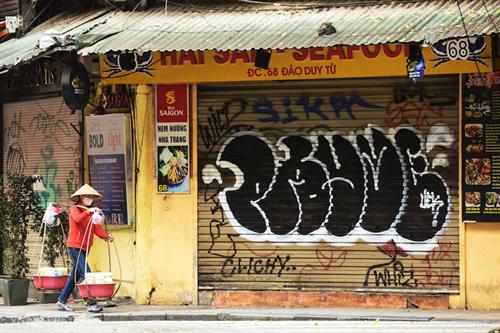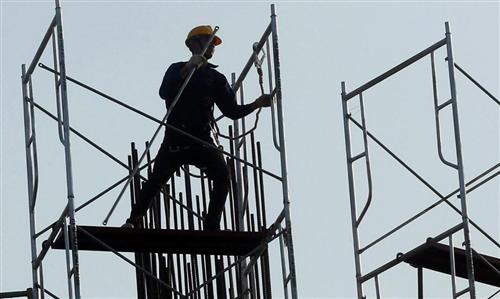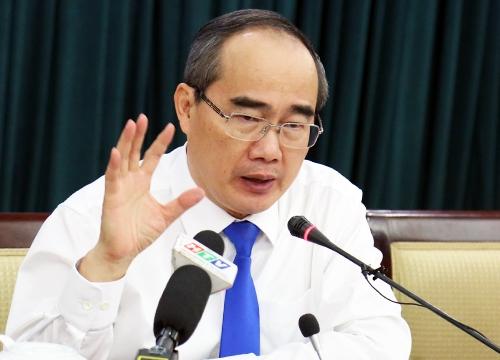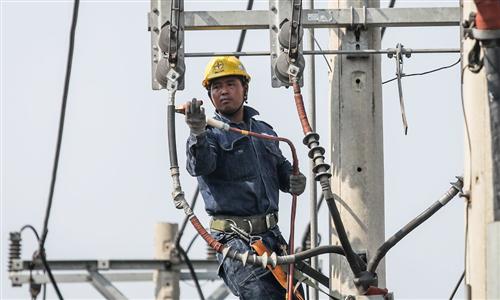Viet Nam’s economy could thrive again after social distancing eased, says WB
Viet Nam’s economy could thrive again after social distancing eased, says WB
Viet Nam’s economy may prosper again after social distancing measures were eased nationwide on April 23, according to the World Bank (WB)’s updated report on the country’s macro-economy for May released this week. 
The bank noted that after posting GDP growth of 3.8 per cent in the first quarter of this year, Viet Nam’s economy then showed signs of recession in April, when the index of industrial production fell 13.3 per cent month-on-month – the sharpest decline ever.
Retail sales fell 9.6 per cent year-on-year as consumers encountered many changes and travel restrictions. Meanwhile, passenger and goods transport contracted 27.5 per cent and 7.2 per cent, respectively.
It also cited the General Statistics Office (GSO)'s data as reporting that employment in the processing and manufacturing sector was affected most by the COVID-19 pandemic (1.2 million jobs influenced in Q1), followed by wholesale and retail (1.1 million jobs) and accommodation (740,000 jobs).
Exports grew by an estimated 4.7 per cent year-on-year between January and April compared to 6.5 per cent in the same period last year.
Committed FDI reached US$12.3 billion in the first four months, down 15.5 per cent year-on-year. Registered FDI surprisingly rebounded in April, by 81 per cent month-on-month and 62 per cent year-on-year, according to the WB.
Credit growth, meanwhile, bounced back in March after being stagnant in January and February. The State Bank of Vietnam (SBV) said credit growth in late March stood at 1.3 per cent compared to the beginning of the year and about 11 per cent year-on-year.
The SBV has provided aid packages since early March to allow banks to restructure loans and cut interest rates for borrowers. It also considered support for certain commercial banks to improve liquidity via raising credit limits so that these banks could increase loans for businesses facing financial difficulties.
Meanwhile, Fitch Ratings has revised Viet Nam’s outlook from “positive” to “stable” and maintained the country’s credit rating at BB.
The outlook revision reflects the impact of the escalating COVID-19 pandemic on Viet Nam’s economy through its tourism and export sectors and weakening domestic demand. It also demonstrates the country’s strong medium-term growth prospects, lengthening record of macro-stability, lower government debt levels, and stronger external finances compared with its peers, including foreign-exchange reserves built up over the previous few years.






















